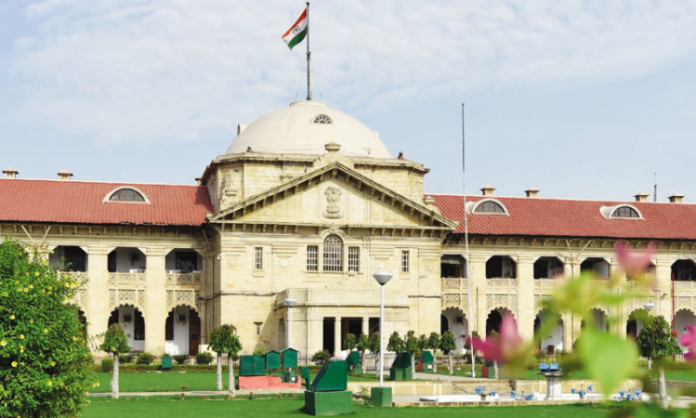New Delhi, Jan. 5: The Allahabad High Court has quashed Defamation Complaint against Editor-in-Chief and anchor of Mirror Now news channel reporter for broadcasting a story alleging involvement of corrupt practices in the bail granted to a District and Sessions Judge, Lucknow Civil Court, reports Verdictum.
The Court noted that the complaint appeared to be an abuse of legal provisions, and no offence as alleged was deemed to be established based on the provided facts and discussions.
“The case of accurate and true reporting published in good faith, it cannot be said that the accused intended to harm the reputation of the complainant”, the Bench of Justice Rajeev Singh observed.
Advocate Pawan Narang appeared for the Applicants and Advocate Avinash Singh Bisen appeared for the State.
An application had been submitted to the High Court seeking to quash a summoning order and bailable warrant in a complaint case involving alleged offences under Sections 500, 501, 502, and Section 34 of the Indian Penal Code, 1860 (IPC).
The prosecution’s focus was on a news item broadcasted on June 20, 2017, alleging corruption in the bail granted to Gayatri Prajapati, involving a District and Sessions Judge, Lucknow Civil Court. The applicants, which included the Editor-in-Chief of Mirror Now and a news channel reporter, argued that the summoning order lacked clarity regarding their roles and violated their duty to inform citizens responsibly.
They contended that the news item aired on June 20, 2017, contained no derogatory language and relied on the substance of the correspondence between the authorities. The Applicants asserted that they were covered by Exceptions 1st and 3rd to Section 499 IPC.
The Court framed the issue: “Whether the defamatory act was committed by the applicants and other persons, under a conspiracy?”
The Court observed that the complaint did not specifically name Applicants Nos. 1 to 3 as private respondents, and there was no clear mention of their roles.
However, the Lower Court, on its own, noted the reporters’ names in the enclosures and summoned them. The Bench emphasized that Section 499 IPC defines defamation, stating that making or publishing imputations intending to harm a person’s reputation constitutes defamation, except in cases mentioned in the Exception clauses. The Court noted that, in this case, news items were broadcast on June 20, 2017. Subsequently, the private respondent issued a notice to the Editors of the Times of India, requesting a copy of the privileged communication and the Intelligence Bureau report.
The Bench noted that per the report the applicants presented the photocopy of the privileged communication to the court on January 24, 2018, and it was provided to the private respondent under the court’s order. “The inclination of Respondent No. 2 appears to be that for publishing a confidential communication, all the accused persons are liable to be prosecuted under the provisions of Official Secrets Act, 1923,” the Bench noted. The Court, referring to the case of Jawaharlal Dadra & Ors. v Manoharrao Ganpatrao Kapsikar & Anr. [(1998) 4 SCC 112], noted that in instances of accurate and true reporting published in good faith, it cannot be presumed that the accused intended to harm the complainant’s reputation.
The Bench highlighted that if the accused believed in good faith that the information published was true, especially when it pertained to the public conduct of public servants entrusted with public funds, there was no intent to harm the reputation. The court noted that such news items, published for the public good, should be considered in the context of their contribution to public awareness. The Bench observed that the privileged correspondence between the High Court and the Supreme Court, as mentioned, has not been denied by Respondent No. 2 in the counter-affidavit. The Court, after considering the presented facts and arguments, concluded that the applicants’ actions fell within Exceptions (1) & (3) of Section 499 I.P.C. This section defines defamation and its exceptions, stating that making or publishing imputations with the intent to harm a person’s reputation constitutes defamation, except in certain specified cases. Cause Title: Faye D Souza And Others v State of UP and Another (2023:AHC-LKO:85813) Click here to read/download Judgment




